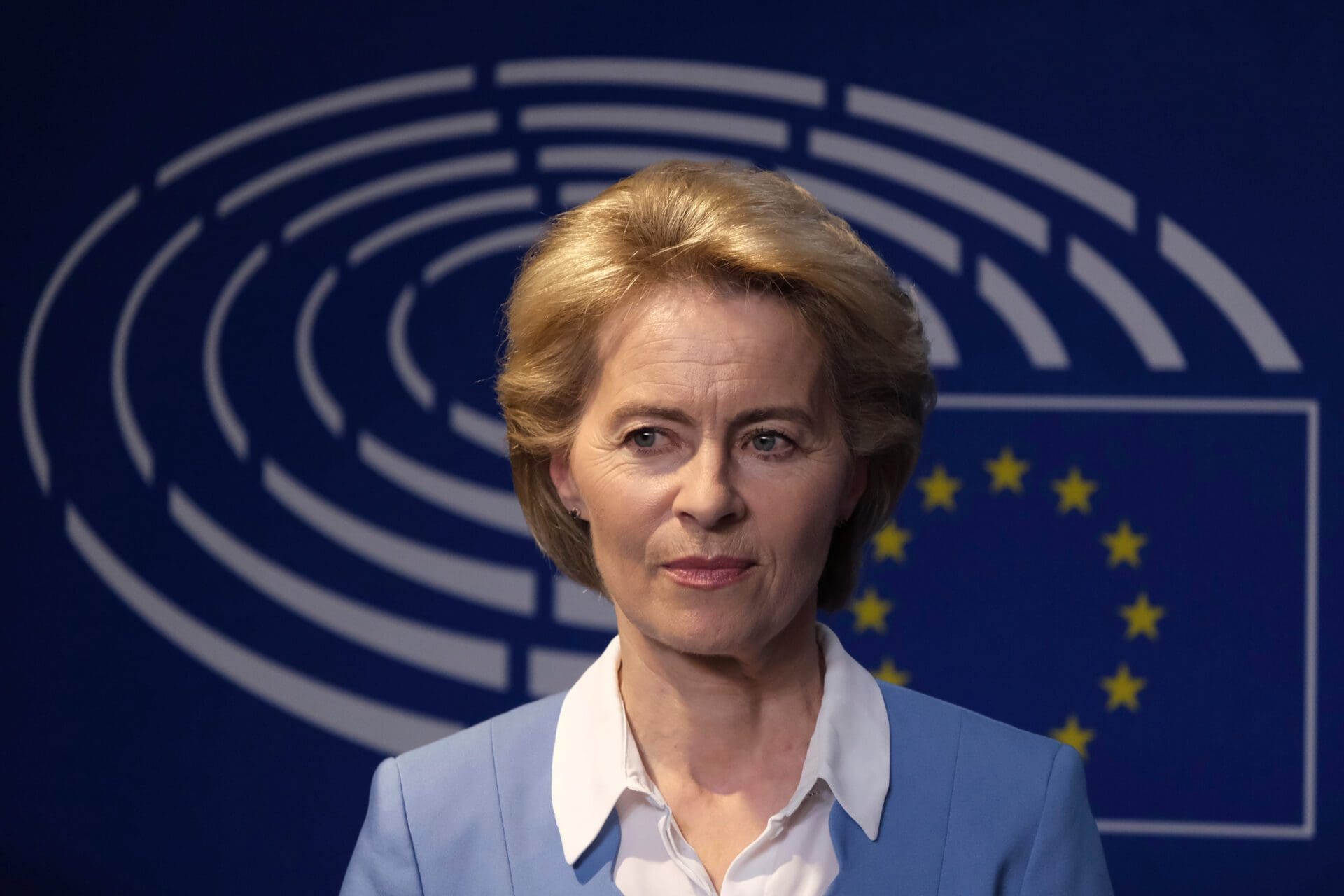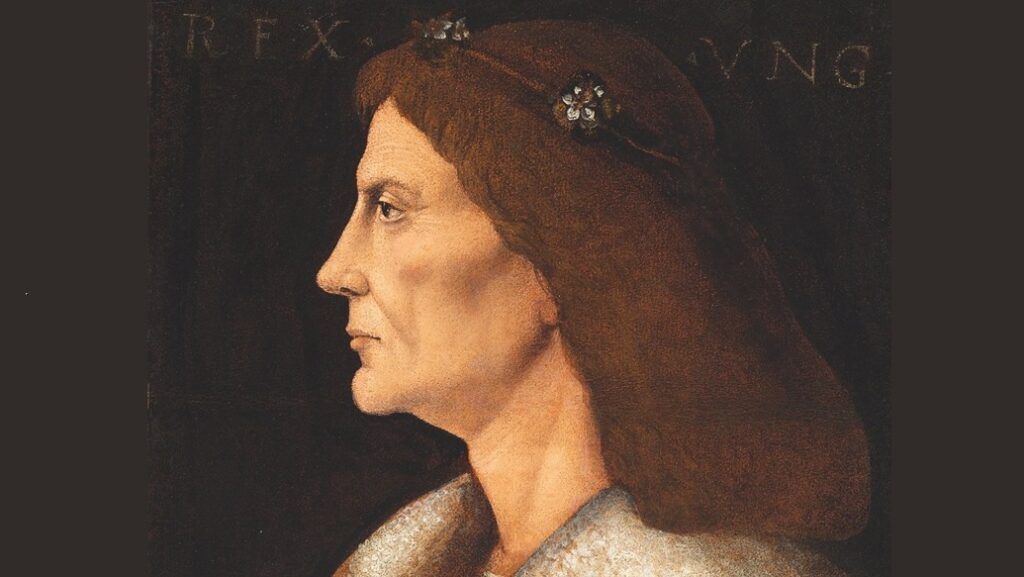In the latest sanctimonious act of the European Union’s Parliament, in a vote of 433 in favour to 123 against, Hungary was described as ‘a hybrid regime of electoral autocracy’ in ‘serious breach’ of EU democratic norms.
While the vote is not binding on EU member-states, it nevertheless can urge, if not threaten, the authorities in Brussels not to disburse billions in EU monies to Hungary, which is presently fighting to convince the EU Commission to release €4.64 in Covid recovery funds, frozen for more than a year.
EU lawmakers argue that Hungary is violating fundamental human rights, such as the freedom of expression, media pluralism, and LGBTIQ+ issues, as well as not doing enough for minorities and asylum seekers. In a previous article entitled ‘Can Hungary Continue to be the Bulwark of Europe?’, it was explained why the mainstream media, left-wing politicians, and the EU had campaigned against Viktor Orbán during the parliamentary elections in April: because of their antipathy for his policies to uphold Hungary’s Christian principles. Being unsuccessful at overthrowing him, the EU has shifted its strategy to attacking the prime minister’s immigration policy and the libel laws.
The fact that Hungary is one of the most peaceful countries in the world, as reported by Gellért Rajcsányi, and that even Pope Francis thanked Orbán for what he has done for Ukrainian asylum seekers, does obviously not prevent Brussels from hypocritically attacking Hungary, this time alleging that freedom of the press is suppressed by the government.
Indeed, the EU is proposing a legislation, The Media Freedom Act (MFA), which purports to be a safeguard to government discrimination and pressures in the media market in Central-Easter Europe. In explained in a recent Reuters article, Brussels refers to this as a matter of course saying that the MFA ‘comes during concerns about media freedom in Poland, Hungary and Slovenia. The EU is also worried about the allocation of some countries’ state advertising to pro-government outlets to influence the media.’
Under the MFA, the EU elite would have the power to not just regulate the media market, specifically in Hungary, but it could potentially also shape any acquisitions, mergers or advertising in the other sovereign EU member states as well. The press landscape would eventually be fundamentally restructured, providing Brussels with a tool to curb anything that does not comply with its elitist agenda. In essence, this would make the European Commission guilty of the very thing it is accusing Hungary of violating.
There is also perhaps envy as to how Orbán is, thus far, successfully handling the backlashes of the EU sanctions against the Russian Federation. As reported by László Bernát Veszprémy in ‘As Europe Shivers, Hungary Has Heat’ published by The American Conservative:
‘[T]he Hungarian government…decided to alter its previous utility cost-reduction program, while still preserving the core of the measure. In the case of natural gas, people will pay a reduced price up to a consumption of 1,729 m3/year per place of use.’
Veszprémy also pointed out that EU Commission chief Ursula von der Leyen said:
‘Europe needs to impose a price cap on Russian pipeline gas, E.U. said on Friday, to foil what she said were Russian President Vladimir Putin’s attempts to manipulate the bloc’s energy market.’
Von der Leyen’s remark come after the EU took unsuccessful measures against Hungary in 2013 for what she is now proposing. As European states are struggling with the consequences of the sanctions, some, including Spain and Portugal, are planning to introduce comprehensive family protection subsidies similar to those implemented by the Hungarian government.
On a personal note, those who criticise Orbán, specifically those born after the fall of communism—not that he or any other head of government is free of misgivings—I would like to say: ‘You don’t know how good you have it!’
I lived in Budapest when I studied as a foreign student during the spring semester of 1989—the programme was called College Europa from St. John’s University in New York. Yes, a beautiful city and remarkable people to the point that I thought I would marry the Hungarian gal I was dating at the time—this was over a good year prior I decided to enter seminary to study for the priesthood. That being said, I noticed that the average middle-aged person to senior citizen would never respond to you if you greeted them on the street with a smile or as ‘good morning’ or ‘good afternoon’. I later learned it was because they suspected such sociable gestures could only come from, aside from immediate family or a close friend, a government communist agent seeking personal information. Many Hungarians literally lived in fear.
Things are different now, and I can also attest to how much Hungary has evolved in cleanliness, higher education, family programmes, shopping malls, and the like. There is, of course, much to be done, such as infrastructure that would help the Hungarian economy.
It is not my place to tell a Hungarian how he or she should view Viktor Orbán, for I am an American who only now visits Hungary on a regular basis. However, the accusations made by the EU, as Orbán said, are “a boring joke”. Yet I would go so far as to state, not to come off as a blasphemer, that the EU should heed to the gospel passage:
‘You hypocrite, first take the plank out of your own eye, and then you will see clearly to remove the speck from your brother’s eye.’ (Matthew 7, 5)







